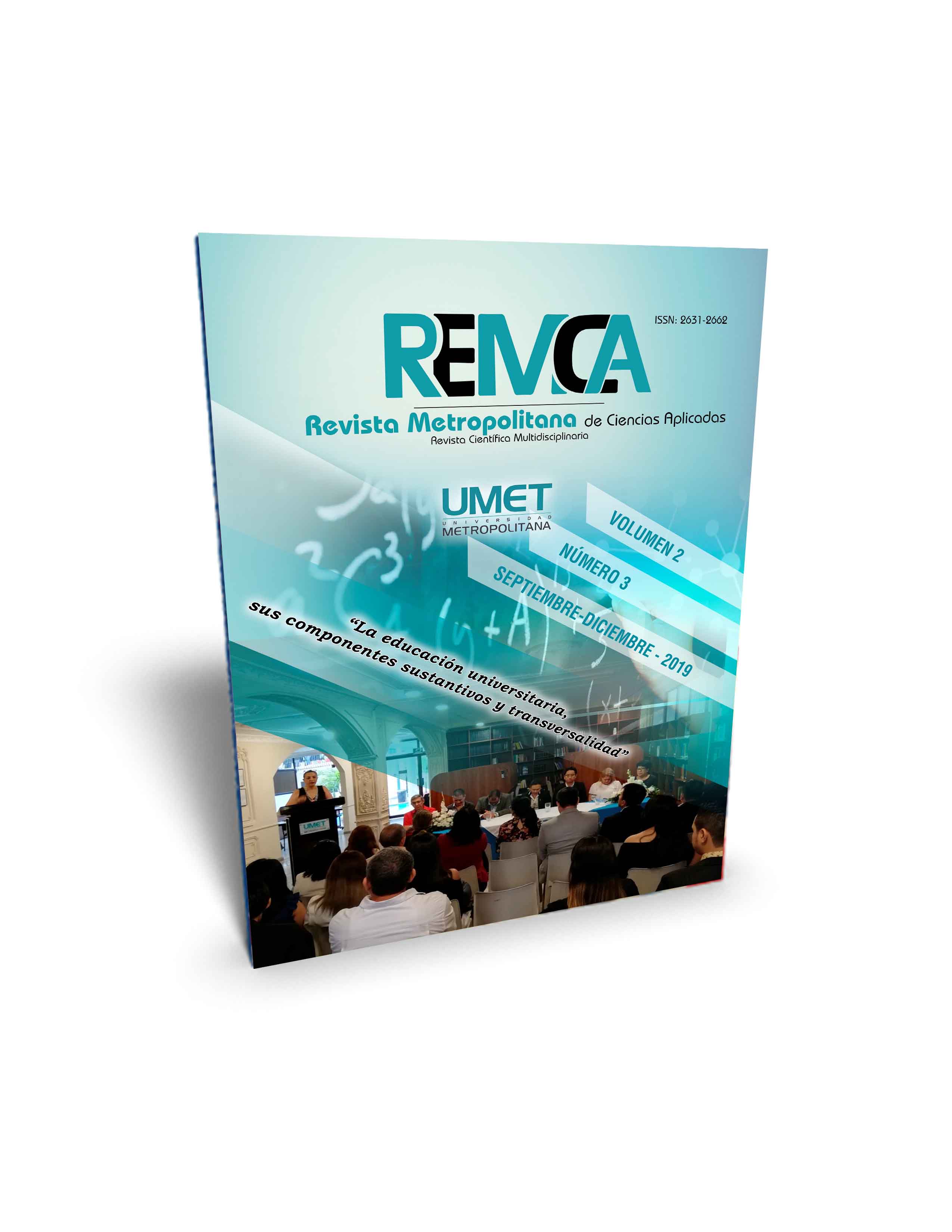Operational research model for the optimal programming of class schedules in the careers of the Faculty of Agricultural Sciences of the Technical University of Machala
DOI:
https://doi.org/10.62452/7psky374Keywords:
Mathematical model, linear programming, optimization, schedule programming, spreadsheetsAbstract
In the Faculty of Agricultural Sciences (FCA) of the Technical University of Machala (UTMACH), at the beginning of each academic period, there are problems with the implementation of the schedules programmed by the academic coordination of the Careers of Aquaculture Engineering, Agricultural Engineering and Veterinary Medicine, these problems have to do with inadequacy of classrooms, programming of subjects in classrooms that do not meet the characteristics of both technical and pedagogical type and also the problem of the crossing of schedules, in this article it was possible to solve this problem by formulating a mathematical model based on the Linear Programming models on which Operational Research is based.
Downloads
References
Anderson, D. R., Sweeney, D. j., Williams, T. A., Camm, J. D., & Martin, K. (2011). Métodos Cuantitativos para Ingenieros 11 a Ed. Mexico: CENGAGE Learning.
Chejne, F. (2016). Una aproximación a la construcción de modelos matemáticos para la descripción de la naturaleza. Revista de la Academia Colombiana de Ciencias Exactas, Físicas y Naturales, 40(155), 365-353. Recuperado de https://www.raccefyn.co/index.php/raccefyn/article/view/339/215
Eppen, G. D. (2000). Investigación de operaciones en la Ciencia Administrativa. México: Prentice Hall.
González Ariza, Á. L. (2015). Manual práctico de investigación de operaciones. Barranquilla: Universidad del Norte.
Hillier, F. S., & Lieberman, G. J. (20150). Introducción a la Investigación de Operaciones. México: McGraw-Hill.
Taha, H. A. (2017). Investigación de Operaciones Décima Edición. México: Pearson Educación.
Tornos Juan, P., & Antonio, L. R. (2016). Investigación operativa para ingenieros. Valencia:Universidad Politécnica de Valencia.
Vásquez, D. A. (2015). Aplicación de la investigación de operaciones al problema de la distribución de una empresa de logística. (Tesis para optar el título profesional de ingeniero industrial. Lima: Universidad Nacional Mayor de San Marcos .
Winston, W. L. (2015). Practical management science. Mason: Cengage Learning.
Downloads
Published
Issue
Section
License
Copyright (c) 2019 Bladimir Homero Serrano Rugel, Víctor Javier Garzón Montealegre, Alexis González Macas, Víctor Manuel Trujillo Vásquez (Autor/a)

This work is licensed under a Creative Commons Attribution-NonCommercial-ShareAlike 4.0 International License.
Authors who publish in Revista Metropolitana de Ciencias Aplicadas (REMCA), agree to the following terms:
1. Copyright
Authors retain unrestricted copyright to their work. Authors grant the journal the right of first publication. To this end, they assign the journal non-exclusive exploitation rights (reproduction, distribution, public communication, and transformation). Authors may enter into additional agreements for the non-exclusive distribution of the version of the work published in the journal, provided that acknowledgment of its initial publication in this journal is given.
© The authors.
2. License
The articles are published in the journal under the Creative Commons Attribution-NonCommercial-ShareAlike 4.0 International License (CC BY-NC-SA 4.0). The terms can be found at: https://creativecommons.org/licenses/by-nc-sa/4.0/deed.en
This license allows:
- Sharing: Copying and redistributing the material in any medium or format.
- Adapting: Remixing, transforming, and building upon the material.
Under the following terms:
- Attribution: You must give appropriate credit, provide a link to the license, and indicate if any changes were made. You may do this in any reasonable manner, but not in any way that suggests the licensor endorses or sponsors your use.
- NonCommercial: You may not use the material for commercial purposes.
- ShareAlike: If you remix, transform, or build upon the material, you must distribute your creation under the same license as the original work.
There are no additional restrictions. You may not apply legal terms or technological measures that legally restrict others from doing anything the license permits.




